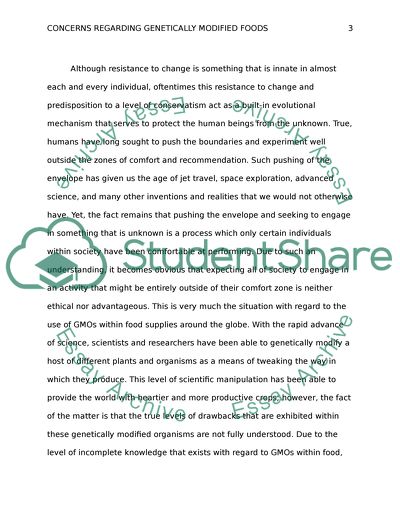Cite this document
(“The Risk and the Unkown of the Genetically Modified Foods Research Paper”, n.d.)
The Risk and the Unkown of the Genetically Modified Foods Research Paper. Retrieved from https://studentshare.org/english/1479764-the-risk-and-the-unkown-of-the-genetically
The Risk and the Unkown of the Genetically Modified Foods Research Paper. Retrieved from https://studentshare.org/english/1479764-the-risk-and-the-unkown-of-the-genetically
(The Risk and the Unkown of the Genetically Modified Foods Research Paper)
The Risk and the Unkown of the Genetically Modified Foods Research Paper. https://studentshare.org/english/1479764-the-risk-and-the-unkown-of-the-genetically.
The Risk and the Unkown of the Genetically Modified Foods Research Paper. https://studentshare.org/english/1479764-the-risk-and-the-unkown-of-the-genetically.
“The Risk and the Unkown of the Genetically Modified Foods Research Paper”, n.d. https://studentshare.org/english/1479764-the-risk-and-the-unkown-of-the-genetically.


